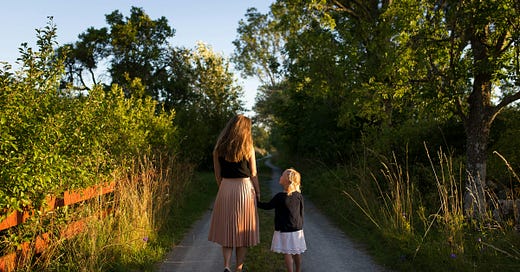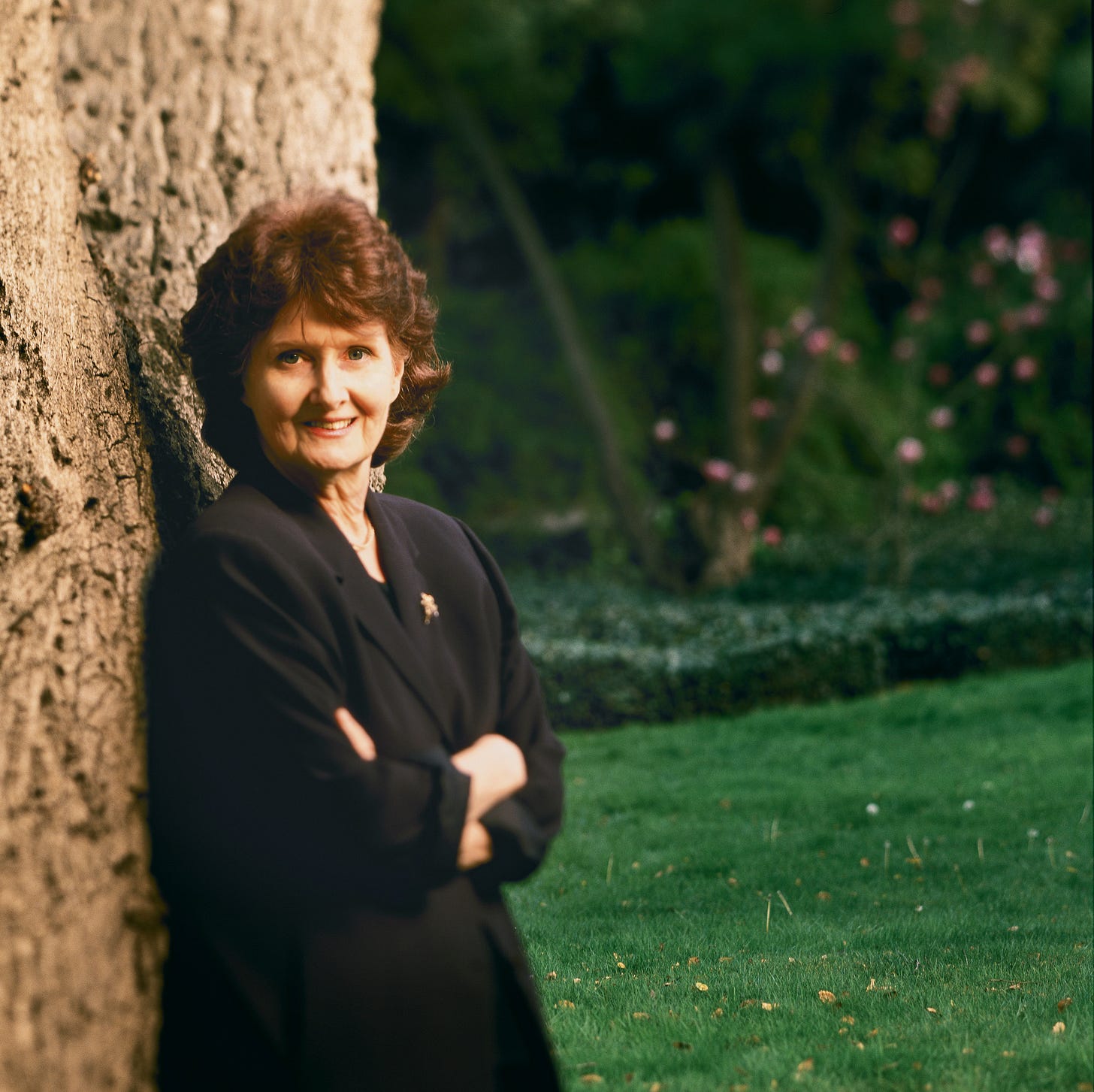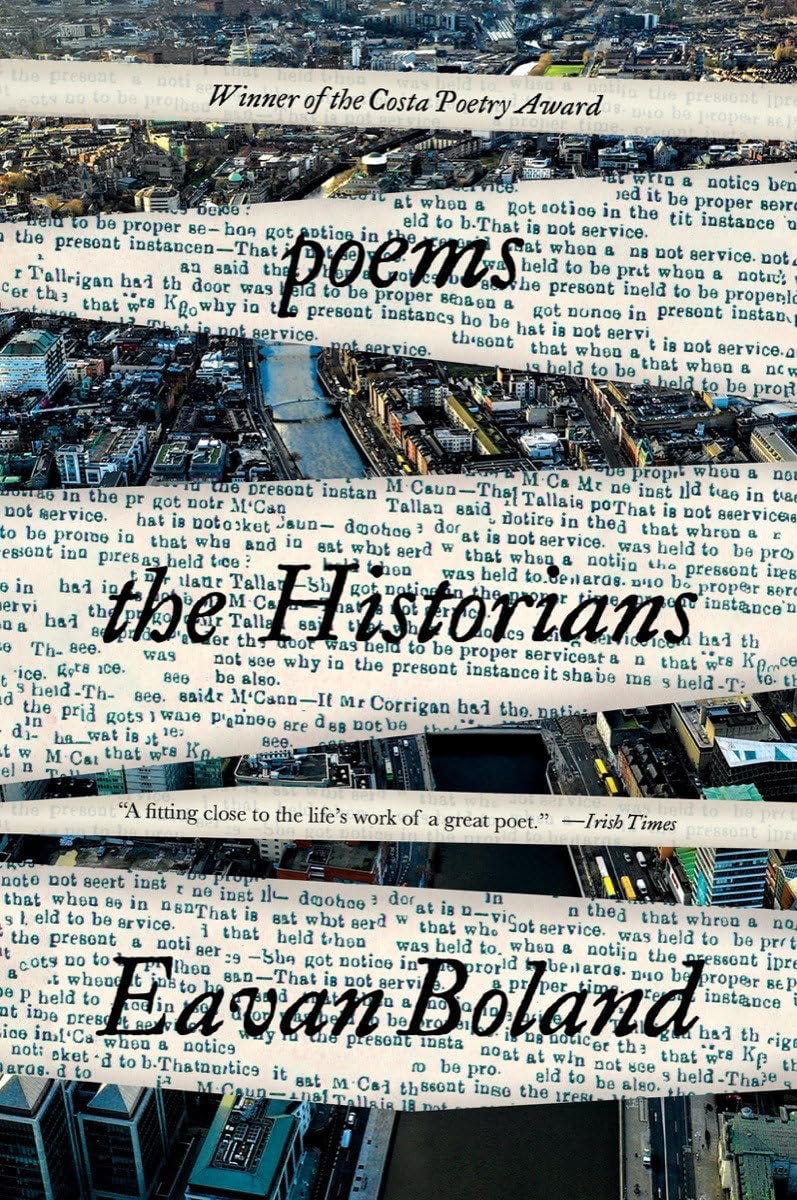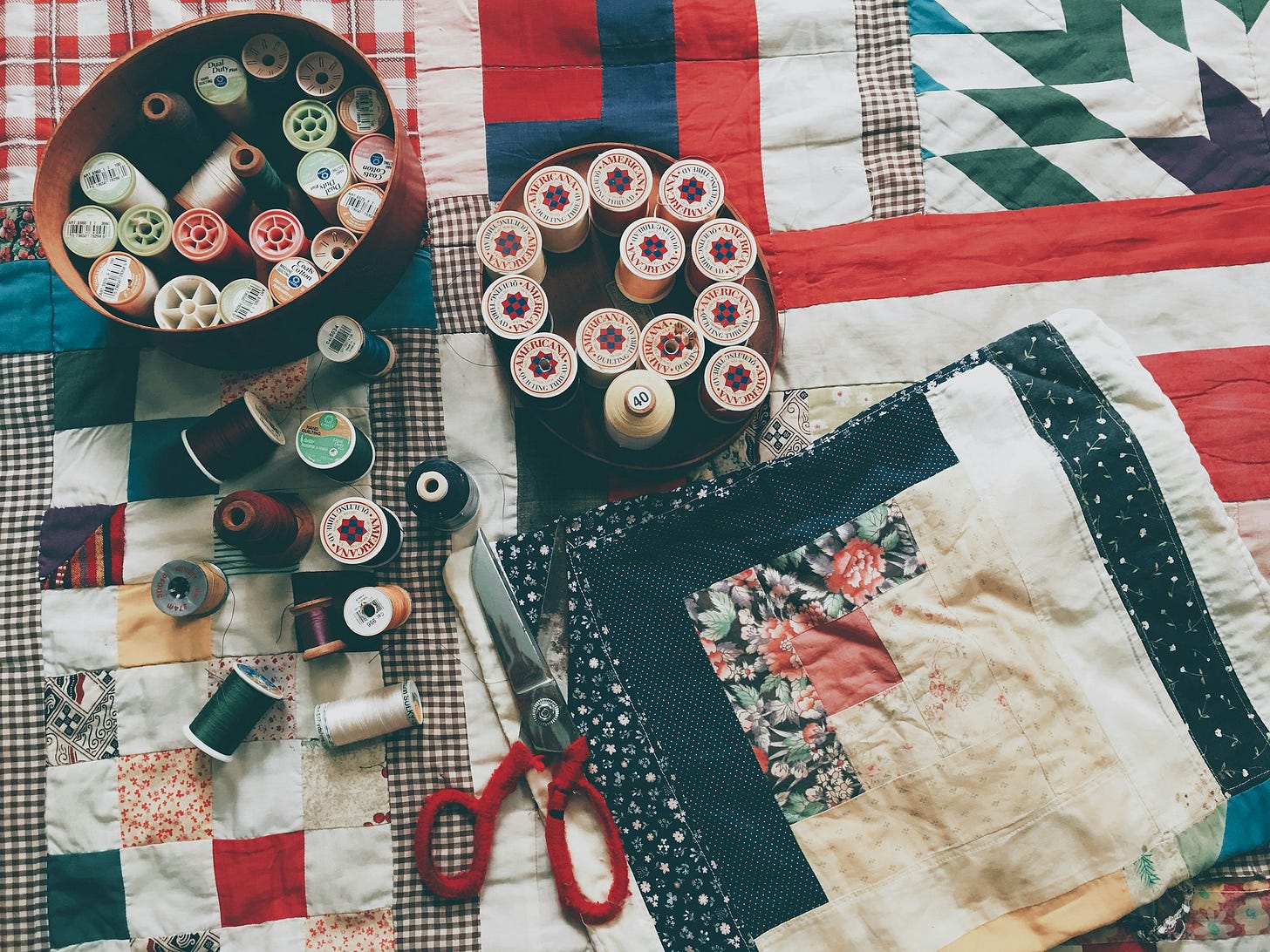Photo by Jon Flobrant on Unsplash
Encountering Eavan Boland
Years ago, I began a subscription to Poets & Writers magazine. One of the first issues I received included an interview with Eavan Boland, the revered Irish poet and chronicler of her country’s unwritten past. If I remember correctly, this is where I first read her poem, “What We Lost.” I was overcome by the beauty of her verse.
Now is the perfect time to share this favorite poem with you, Seized readers, for two reasons: The last post, “Musical Dappling & Nature’s Majesty,” explained musical devices in poetry and highlighted the waltzing verse of Gerard Manley Hopkins. “What We Lost” also echoes with music. Secondly, this poem is set in winter, and Boland masterfully conveys the quietude and darkness of a winter afternoon. With spring announcing its arrival in so many locales, we are biding winter goodbye. Boland’s poem crystallizes the beauty of this departing season.
Here’s a quote from the Poetry Foundation profile of Boland to consider as you read “What We Lost:”
“ … Clare Wills noted that ‘Boland is a master at reading history in the configurations of landscape, at seeing space as the registration of time. If only we know how to look, there are means of deciphering the hidden, fragmentary messages from the past, of recovering lives from history’s enigmatic scramblings.’”
“What We Lost” is a poem that conveys history, space, and time through Boland’s landscape imagery as well as the narrative she weaves.
In terms of music, look for how Boland uses alliteration, assonance, and consonance. Listen carefully to her well-chosen words and you will hear the echoing sounds within her lines. Especially note the vivid imagery she employs in the last four stanzas as she passionately conveys the loss of the past, of story, and of language.
Photo by Zahari Dimitrov on Unsplash
What We Lost It is a winter afternoon./ The hills are frozen. Light is failing./ The distance is a crystal earshot./ A woman is mending linen in her kitchen./ She is a countrywoman …/Behind her cupboard doors she hangs sprigged,/ stove-dried lavender in muslin./ Her letters and mementos and memories/ are packeted in satin at the back with/ gabardine and worsted and/ the cambric she has made into bodices;/ the good tobacco silk for Sunday Mass./ She is sewing in the kitchen./ The sugar-feel of flax is in her hands./ Dusk. And the candles brought in then./ One by one. And the quiet sweat of wax./ There is a child at her side./ The tea is poured, the stitching put down./ The child grows still, sensing something of importance./ The woman settles and begins her story./ Believe it, what we lost is here in this room/ on this veiled evening./ The woman finishes. The story ends./ The child, who is my mother, gets up, moves away./ In the winter air, unheard, unshared,/ the moment happens, hangs fire, leads nowhere./ The light will fail and the room darken,/ the child fall asleep and the story be forgotten./ The fields are dark already./ The frail connections have been made and are broken./ The dumb-show of legend has become language,/ is becoming silence and who will know that once/ words were possibilities and disappointments,/ were scented closets filled with love letters/ and memories and lavender hemmed into muslin,/ stored in sachets, aired in bed linen;/ and traveled silks and the tones of cotton/ tautened into bodices, subtly shaped by breathing;/ were the rooms of childhood with their griefless peace,/ their hands and whispers, their candles weeping brightly?/ -Eavan Boland, 1944-2020; from her collection, Outside History
Photo of Eavan Boland by Mark Estes, Stanford Magazine
Eavan Boland
Born in Dublin, Boland inherited a literary tradition populated by male poets typically writing about the privileged life, a literature in which women were mute. Boland changed this. She gave women— as a subject of poetry—a platform, illuminating the life of the common woman in her verse, and in so doing, she became the standard bearer for a new kind of national literature. Her verse explores the past and women’s ordinary lives, undermining the traditional images of womanhood. She is one of my favorite poets to read due to the quiet truths conveyed in her lines of verse and her mastery in choosing evocative, authentic images that sing on the page.
Today’s Book Pick
The Historians by Eavan Boland, published by W. W. Norton & Company, 2020.
Of this final collection, Edward Hirsch writes, "Eavan Boland could never tolerate the silences and erasures of official history. She knew too well who was left out. She wrote to fill the gaps, to memorialize people on the margins, particularly on the margins of empire. She used her own experience to feel her way into the lives of other women, especially Irish women, and brought their experience out of the shadows.”
The Writing Life Interview
Listen to Eavan Boland read her poems, “Secrets,” “The Last Discipline,” “Quarantine,” “The Emigrant Irish,” and “Amber” in this interview conducted by Grace Carallari of The Writing Life.
Boland explains, “The past is not history, and history is not the past. There is a rift between the past and history. History is the official version, and the past is the place of much less clear, much less structured, and much less sanctioned as important—things. But, it’s really the past where most people’s lives take place.”
Photo by Dinh Pham on Unsplash









Di, Ms. Boland's poem has a rustic quality that is distinctly Irish. I love it.
Thanks for mentioning her to us, Di. (St Patty's Day is a perfect time for Ms. Boland). By the way, I listened to the interview and thought Grace was as inspiring as her guest. I wonder if you are moved by "Amber", as I was. Keep gifting us your favorite poetry and expertise.